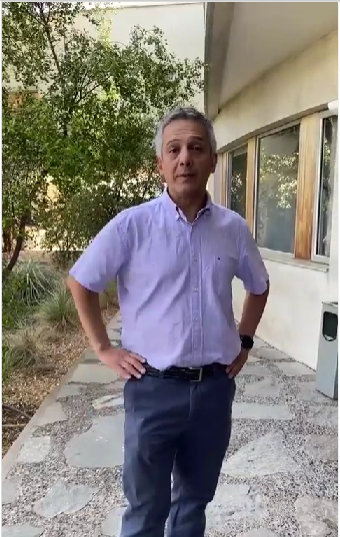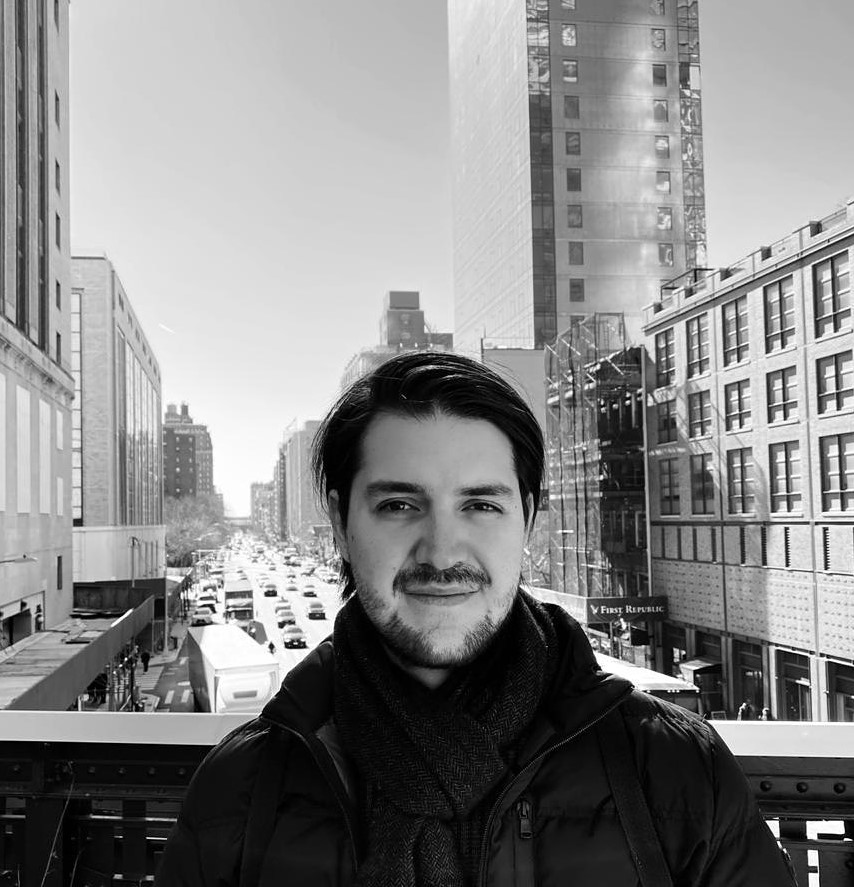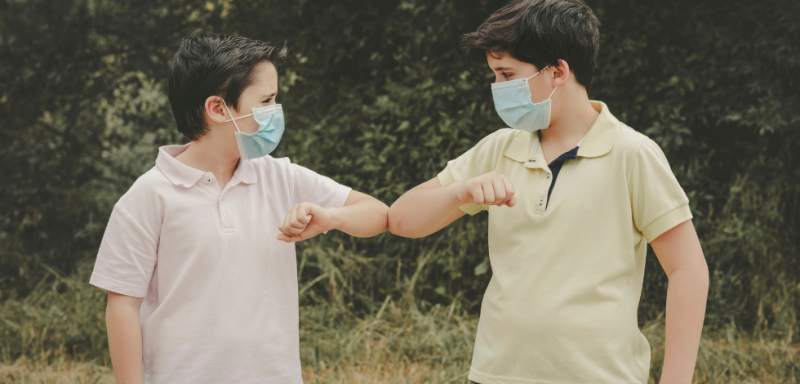21 de junio 2016
Esta actividad contó con investigadores internacionales de primer nivel, en esta ocasión con el Dr. Srivas Chennu, Senior Research Associate, Clinical Neurosciences Visiting Scientist, MRC Cognition and Brain Sciences Unit, College Research Associate, Homerton College, University of Cambridge, UK y con Andrés Canales-Johnson, PhD © of the MRC Cognition and Brain Sciences Unit at University of Cambridge, UK., quienes presentaron las fundamentos y métodos más actuales en el estudio de la conectividad cerebral. Ambos expositores son colaboradores del CSCN. A este taller fueron invitados investigadores de los principales laboratorios de Neurociencia y áreas vinculadas a la temática, provenientes de la Capital y V región; Universidad de Chile, Pontificia Universidad Católica de Chile, Pontificia Universidad Católica de Valparaíso, Universidad de Valparaíso, entre otros.
«La actividad fue todo un éxito, -comenta David Huepe, Director del CSCN- el espacio destinado para la actividad se completó rápidamente y tuvimos que ampliar los cupos iniciales por el interés mostrado por los investigadores a los que invitamos. Los participantes eran personas que trabajan con nosotros en el CSCN, investigadores de otros laboratorios o centros de Neurociencia (PUC, U Chile, U de Valparaiso, PUCV) y alumnos de Doctorado de programas de Neurociencia».
Mas antecedentes respecto a los expositores:
Dr. Srivas Chennu is a lecturer at the University of Kent and a senior research associate at the University of Cambridge. He received his PhD from Kent, specialising in computational neuroscience and cognitive electroencephalography (EEG).
His current research focuses on how the brain mechanisms underlying consciousness are altered in sleep, sedation and the vegetative and minimally conscious states. This research, funded by the Evelyn Trust, the Medical Research Council and the National Institute for Health Research, aims to improve diagnostic and prognostic decision making for patients in these states. He has shown that EEG can be used to characterise brain networks, detect covert attention and even awareness in patients, right at their bedside. Building upon these findings, he also develops EEG-based real-time monitoring and brain-computer interfacing tools that might enable communication with some patients. His topical research program has received considerable scientific, public and international media interest, including from BBC Radio 4 Today, World Service, Discovery Channel, Wired Magazine, New Scientist, The Washington Post and Der Spiegel.
Key Publications
Chennu, S., O’Connor, S., Adapa, R., Menon, D. K. & Bekinschtein, T. A. 2016. Brain Connectivity Dissociates Responsiveness from Drug Exposure during Propofol-Induced Transitions of Consciousness. PLOS Computational Biology, 12, e1004669.
Chennu, S., Finoia, P., Kamau, E., Allanson, J., Williams, G. B., Monti, M. M., Noreika, V., Arnatkeviciute, A., Canales-Johnson, A., Olivares, F., Cabezas-Soto, D., Menon, D. K., Pickard, J. D., Owen, A. M. & Bekinschtein, T. A. 2014. Spectral signatures of reorganised brain networks in disorders of consciousness. PLOS Computational Biology, 10(10), e1003887.
Chennu, S., Finoia, P., Kamau, E., Monti, M. M., Allanson, J., Pickard, J. D., Owen, A. M. & Bekinschtein, T. 2013. Dissociable Endogenous and Exogenous Attention in Disorders of Consciousness. Neuroimage: Clinical, 3, 450-461.
Cruse, D., Chennu, S., Chatelle, C., Bekinschtein, T. A., Fernández-Espejo, D., Pickard, J. D., Laureys, S. & Owen, A. M. 2011. Bedside detection of awareness in the vegetative state: a cohort study. The Lancet, 378(9809), 2088-2094.
Andrés Canales-Johnson studied Biological Sciences at the Universidad de Valparaíso, Chile. Currently, he is a Ph.D student at the University of Cambridge, England. Andres is interested in the study of different aspects of consciousness using electroencephalography (EEG). Specifically, Andrés is trying to understand how mental contents are created by the endogenous activity of the brain, and how this activity interacts with the rest of the body in order to produce consciousness.
Key Publications
Canales-Johnson, A. , Silva, C,. Huepe, D., Rivera-Rei, A., Noreika, V., del Carmen Garcia, M., Silva, W., Ciraolo, C., Vaucheret, E.,Sedeno, L. Couto, B., Kargieman, L., Baglivo, F., Sigman, M., Chennu, S., Ibanez, A., Rodriguez, E. and Bekinschtein, T.A. (2015). Auditory feedback differentially modulates behavioral and neural markers of objective and subjective performance when tapping to your heartbeat. Cerebral Cortex, bhv076.
Noreika V, Canales-Johnson A, Koh J, Taylor M, Massey I, Bekinschtein T. (2015) Intrusions of a drowsy mind: Electroencephalographic correlates of phenomenological unpredictability. Frontiers in Psychology. doi: 10.3389/fpsyg.2015.0020.
Chennu S, Finoia P, Kamau E, Allanson J, Williams GB, Monti M, Noreika V, Arnatkeviciute A, Canales-Johnson A, Olivares F, Cabezas-Soto D, Menon D, Pickard J, Owen A, Bekinschtein T. (2014) Spectral signatures of reorganised brain networks in disorders of consciousness. PLoS Computational Biology; 16;10(10):e1003887. doi: 10.1371/journal.pcbi.1003887.
Couto B, Sedeño L, Salles A, Bartfeld, P, Canales-Johnson A, Peradejordi M, Vidal Dos Santos Y, Bekinschtein T, Sigman M, Barttfeld P, Manes F, & Ibáñez A. (2013) The man who feels two hearts: The different pathways of interoception. Social Cognitive and Affective Neuroscience, doi: 10.1093/scan/nst108.




